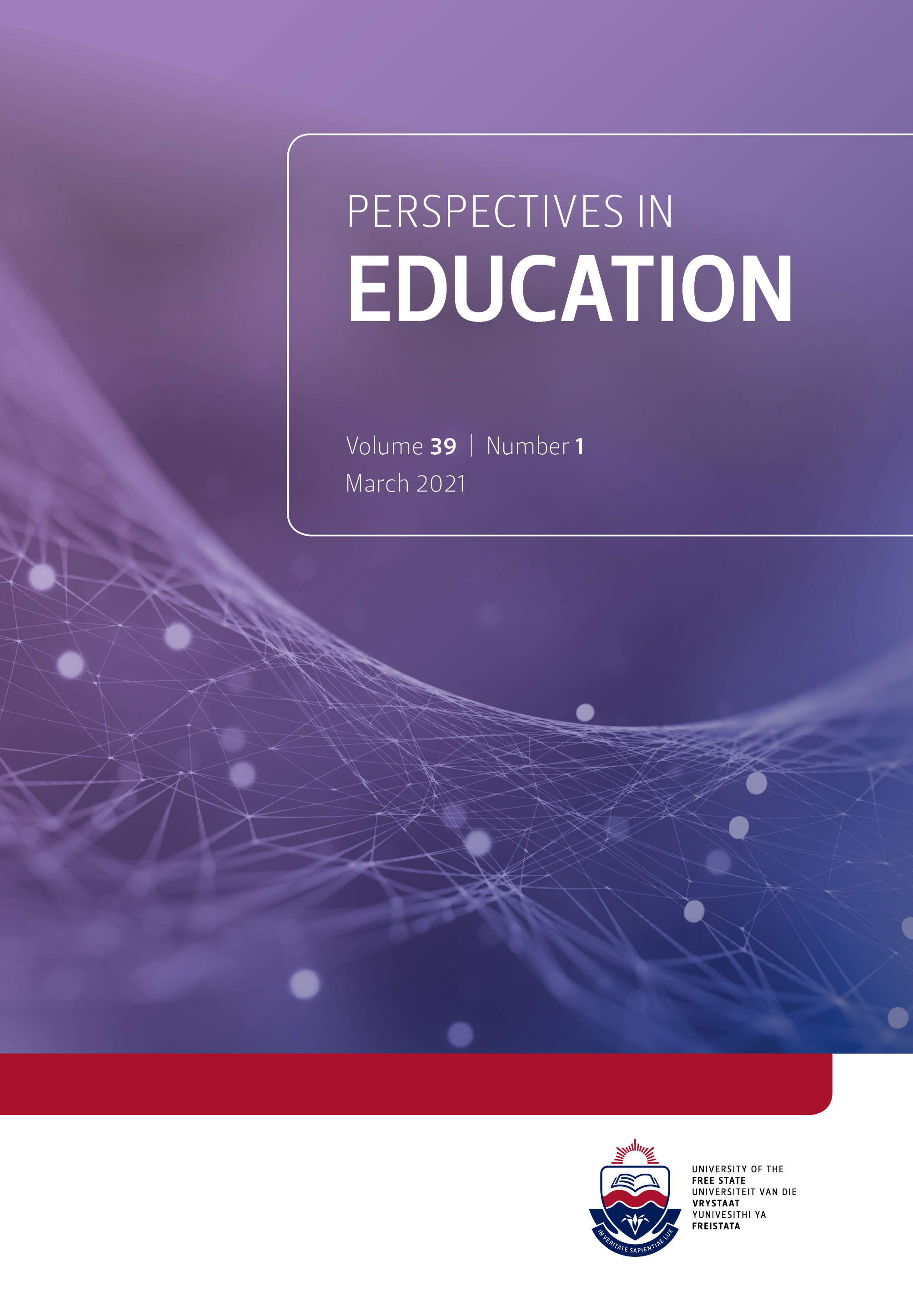Leveraging community-based innovations during COVID-19 to strengthen the Haitian school system
DOI:
https://doi.org/10.38140/pie.v39i1.4758Keywords:
Haiti, COVID-19, Hybrid-learning, Resilient education, Digital divide, Distance learningAbstract
War, natural disasters, and other emergencies regularly disrupt children’s education in developing countries. The digital divide has long since affected low-resource and rural schools’ responses to crises that necessitate distance learning, often excluding children in remote and rural parts of countries from internet-dependent online learning programmes. In no place is this truer than in Haiti where, prior to August 2020, political unrest combined with the COVID-19 pandemic caused learners to miss 60% of their scheduled days in the 2019–2020 school year with only 45% of Haitian households having access to a power source, let alone internet or a smart device, that would enable them to participate in online learning. This study presents findings from exploratory research on the readiness of the Haitian education system to withstand crises and the impact of COVID-19 on the system and its learners. Through analyses of secondary data and semi-structured interviews with a variety of education stakeholders, the research reveals gaps in the system’s readiness; identifies key challenges prompted by school closures in Haiti and shares a handful of innovative responses developed to respond to these challenges. Findings indicate that the COVID-19 health crisis has not created the need for educational reform in Haiti, but rather, by exacerbating pre-existing gaps and frailties within the system, the pandemic has heightened the urgency with which educational reform must be pursued. Salient gaps include a significant digital divide, financial instability and inattention to learning adjacent needs such as nutrition and psychosocial health for parents and children alike. While this initial research has exposed a series of significant gaps and inequalities in the Haitian education system, moving forward, more comprehensive research is needed to determine how such inequalities can be most effectively addressed. Although the Haitian government has a key role to play in addressing these inequalities, findings from this study reveal that governmental responses to COVID-19 school closures and broader digital learning inequalities, were ineffective in their reach and did not reflect the majority of Haitian learners and their families’ realities. Findings also identify numerous innovations and assets on the part of non-governmental actors striving to address these gaps. However, these mechanisms were limited in scope and lacked the coordination among one another and the government that would be required to have scalable or measurable impact. Therefore, more research is needed to determine what the most successful mechanisms for addressing inequalities in the Haitian education system are and how they can be most effectively leveraged and scaled to create a more resilient education system moving forward.
Downloads
##submission.downloads##
Published
How to Cite
Issue
Section
License
Copyright (c) 2021 Dr N. Boothby, A. Hart, H. Chandler, D. Dupuy

This work is licensed under a Creative Commons Attribution 4.0 International License.





